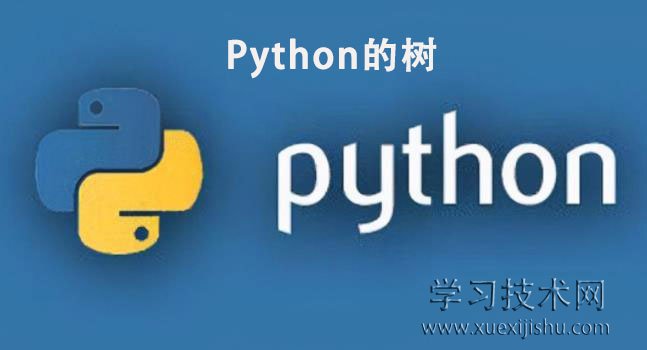Python可以使用列表实现树的功能。树相关操作包含:
1. 节点类:
- 用于存储节点信息。包含值和子节点列表
- 语法:
python
class Node:
def __init__(self, val):
self.val = val
self.children = []
|
2. 添加子节点:
- 将新节点追加到节点的子节点列表中
- 语法:
python node.children.append(new_node) |
3. 树深度:
- 从根节点开始,到最远叶子节点的长度
- 可以使用 DFS 递归计算树深度
- 语法:
python
def maxDepth(root):
if not root:
return 0
depth = 0
for child in root.children:
depth = max(depth, maxDepth(child) + 1)
return depth
|
4. 查找节点:
- 从根节点开始,递归查找值为val的节点
- 如果找到返回节点,否则返回None
- 语法:
python
def find(root, val):
if not root:
return None
if root.val == val:
return root
for child in root.children:
result = find(child, val)
if result:
return result
return None
|
5. 前序遍历:
- 先访问根节点,再访问子节点。递归实现
- 语法:
python
def preorder(root):
if not root:
return
print(root.val)
for child in root.children:
preorder(child)
|
示例:
python
class Node:
def __init__(self, val):
self.val = val
self.children = []
root = Node(1)
a = Node(2)
b = Node(3)
root.children.append(a)
root.children.append(b)
# 添加子节点
a.children.append(Node(4))
# 树深度
maxDepth(root) # 2
# 查找节点
find(root, 3) # Node 3
# 前序遍历
preorder(root) # 1 2 4 3
|
树是一种重要的数据结构,要理解树与链表、队列的区别。要会创建节点和实现增删改、遍历等树操作。
要熟练掌握DFS和BFS两种常用遍历树的方法。要会计算树深度和查找指定节点。要在项目中根据需求使用树结构解决问题。
树的学习可以理解分支存储和递归逻辑等概念。树在生活和计算机软件中广泛运用,要深入学习树相关知识。
树属于数据结构高级部分,要在代码中不断实践,熟练运用。树的理解和应用属于技术提高的重点,需要长期练习总结。

要在项目中养成使用树的习惯,编写动态、灵活的程序。树的学习有助于理解编程语言的递归机制和复杂程序的构建。要不断精进,深入研究树相关理论知识,成为专业的软件工程师。
